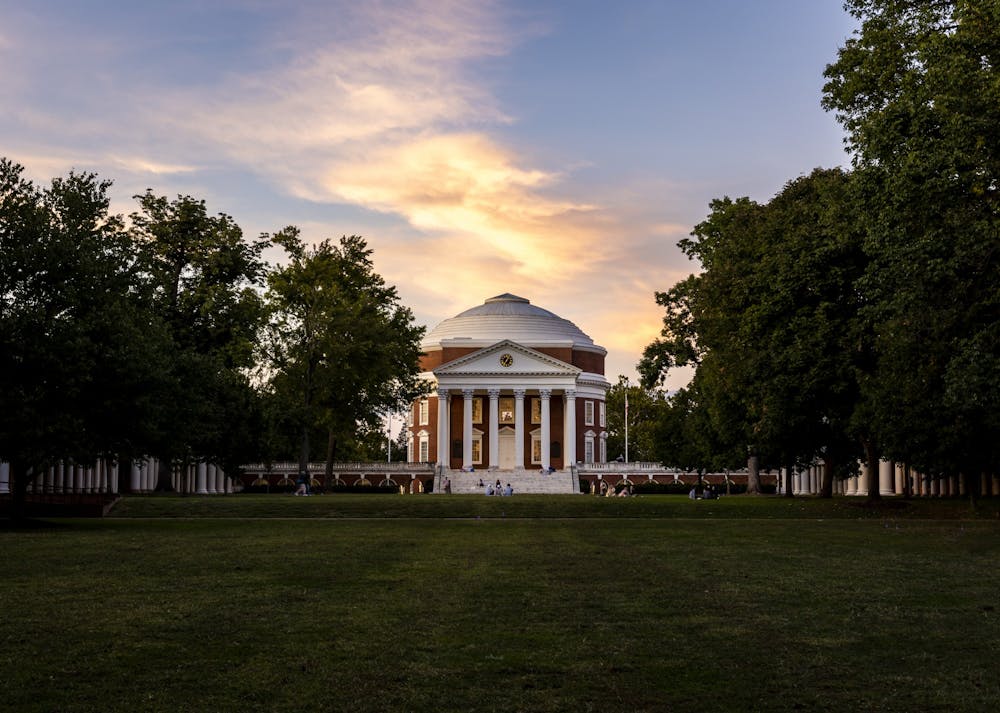The Virginia State Senate passed a bill Tuesday that would codify the existing faculty representative member on the University's Board of Visitors into law, as well as adding a staff representative to the Board for the first time. Both positions are nonvoting additions to the Board, which consists of 17 voting members responsible for long-term planning at the University.
The bill, proposed by Virginia State Senator Creigh Deeds, comes after recent controversy over how the Faculty Senate elects the faculty representative to the Board. In September, the Faculty Senate reported that the Board had been pressuring them to present a slate of candidates for the representative as opposed to a direct election — giving the Board more control over the Faculty Senate’s already limited role in the Board representative selection process.
Following contentious debate over potential amendments to the process, senators voted in December to change the by-laws so that the faculty representative would be selected by the Board from a slate of three candidates.
Currently, state law says that the Board “may” appoint a nonvoting faculty representative, but does not require it — this language leaves the possibility that the Board may decline the Faculty Senate a representative if they do not comply with the Board’s desired selection process. The proposed bill would change the language of the law to officially require the Board appoint a nonvoting faculty representative.
Walt Heinecke, president of the University’s chapter of American Association of University Professors and associate professor of education, said the Board has been using the current law as a way to threaten the removal of a Faculty Senate representative if they don’t comply with the slate.
While the language in the new bill requires faculty representation on the Board, Heineicke said there is still potential for the Board to influence the Faculty Senate’s methods of electing the representative.
“The [state] Senate bill that Creigh Deeds put in is really good in that it changes ‘may’ to ‘must,’ but it’s kind of opaque when it determines how the faculty representative or the staff representative is going to be chosen,” Heineicke said.
Faculty Senate Chair Tish Jennings said the election process for the incoming faculty representative is currently underway, and that it’s unlikely the proposed bill will become a law before that process is complete. If the bill does become law, it will likely go into effect for next year’s faculty representative election, which means it’s possible that the Faculty Senate might change their bylaws again.
“It’d be virtually impossible to change the system that’s currently in process right now,” Jennings said. “It would have to wait until next year. The timeline for the election — it has to happen in January and [the Board has] to choose in February.”
It is unclear how exactly the staff representative will be chosen — the bill currently states that “staff of the University” will choose their representative in “a manner deemed appropriate” by the staff.
The bill is currently waiting to be voted on by the House. If the bill passes the House, it will be seen by Governor Glenn Youngkin next, who will need to sign it into law. Youngkin has made no public comment on the bill.







